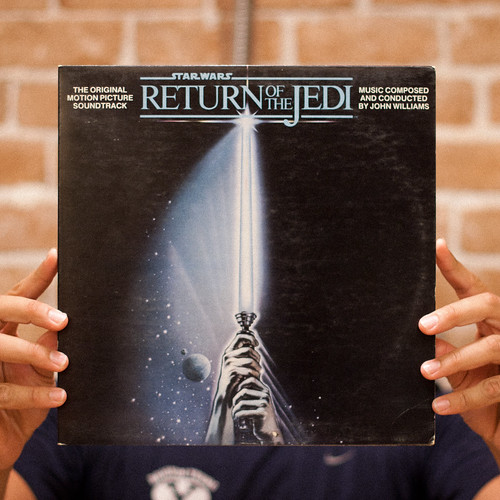A couple weeks ago I asked my friend Clint if he'd like to do a Steinbeck post for my blog and he kindly acquiesced by providing me with the following below. When you're done reading, you will undoubtedly want to read more of Clint's writings. So you will thank me for providing the link to Clint's blog, which you will find here. And now, Clint:
John Steinbeck is pretty much the only author that when I read his words, I spend time trying to imagine him writing them. I don't do that with David Sedaris or Dave Eggers or whoever it is that authors all the For Dummies books that I read, because that would be excruciatingly boring. Where is the romance in imagining a pajama-clad modernite silently tapping on a whispy-thin laptop while sipping a Slimfast and balancing on an exercise ball? (I do sometimes imagine Cormac McCarthy at work, but not intentionally, nor for long periods because in my mind it's mostly just him sitting at a desk made of the corpses of drug traffickers and dipping his long-nailed fingers into an ink bottle filled with horse blood.)
But there is something about Steinbeck's work that makes me just wish I could have been there while he clacked it into existence on his typewriter. Sometimes it's young Steinbeck, the one that's only marginally affected by hairline recession and adorned in what appears to be laborer's clothing. Sometimes it's old Steinbeck, visuals of whom could easily be confused with Walt Disney. But most frequently, it's the middle aged John, a ragged-looking cigarette in his hand, and his wrinkles just starting to find their footing on either side of his mouth.
In my mind, his house has lots of wood paneling, a well stocked aquarium and humongous bookcases chock full of classics that we would occasionally discuss, agreeing to disagree about Prince Hamlet's degree of sanity. I would stand just to the side, reading over his shoulder as he wrote. I'd watch the following words appear between the fluttering of typebars:
"And this I believe: that the free, exploring mind of the individual human is the most valuable thing in the world. And this I would fight for: the freedom of the mind to take any direction it wishes, undirected."
I'd soak it in for a moment and then say "You know that is going to piss off Hemingway, right?" to which Steinbeck would turn around and say "Ya' think?" and then offer me a high five. He'd start typing again and there'd be some talk of maybe starting a softball league come spring, but it would never materialize, which is no big deal because of course I understand that he's busy writing--which is obviously the way I want it.



